Cultivating Character on Our Working Farm
Farm-to-Table Nourishment at Boys Home
On the Boys Home campus, you’ll find something that most schools don’t have: A working farm. This is where our young men learn lessons that traditional school students can’t find in a textbook.
Under the guidance of Farm Manager Linda Angle, young men discover that getting their hands dirty can clean up their perspective on life.
“The most important thing is getting the students outdoors, getting their hands busy in a constructive way, and getting them involved in nature,” explains Angle, who has been with Boys Home for 14 and a half years. “I believe it is important that young people see where their food comes from and learn they can grow it themselves.”
Transforming the Farm Program
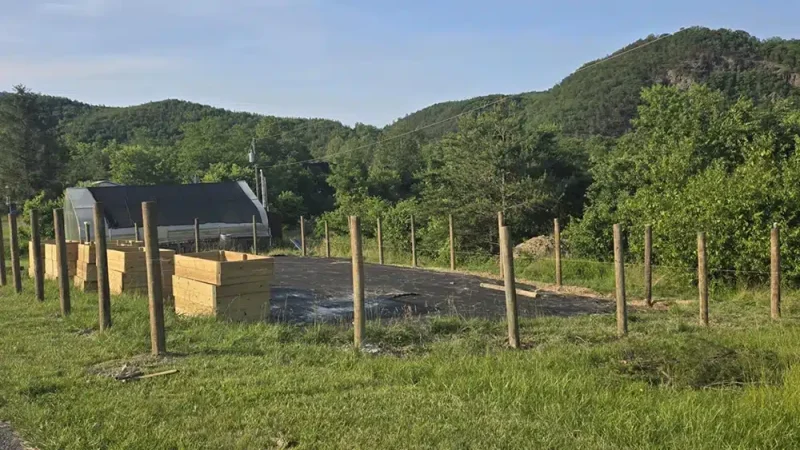
Since taking over the farm four years ago, Linda Angle has taken the opportunity to expand the program into a comprehensive agriculture education experience.
She was determined to give students a taste of various aspects of farm life, including animal husbandry, crop production, and food preparation. This beautiful vision has created opportunities for hands-on learning that extend far beyond what was previously available.
Research Backs Farm-Based Learning
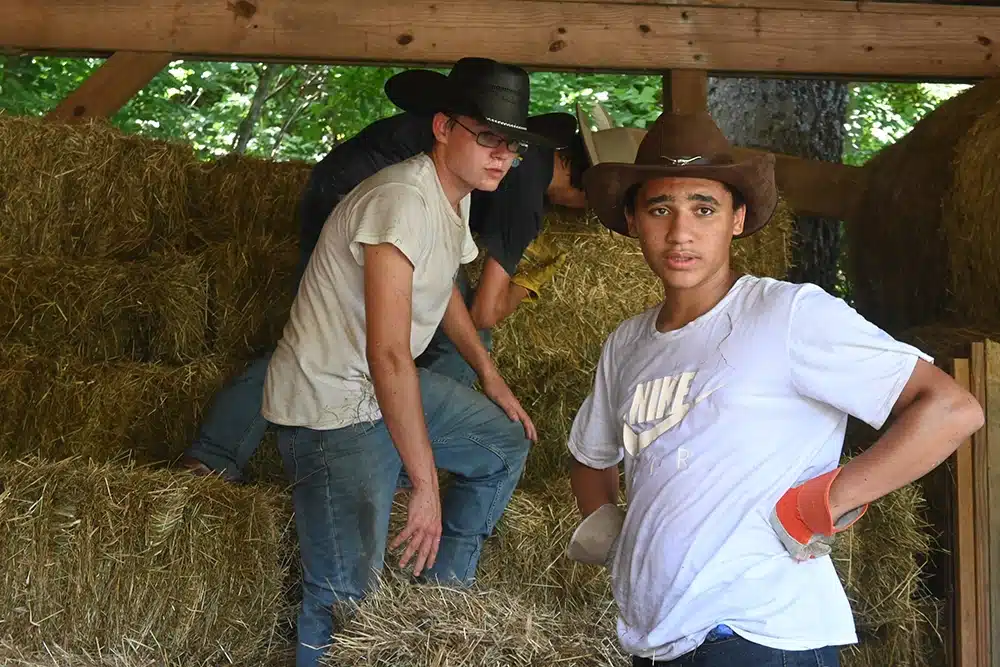
Studies consistently show what Linda has witnessed for years. Research on farm parents reveals that agricultural work teaches children responsibility and strong work ethics while helping them gain valuable life skills.
Another study exploring child-livestock interactions found that growing up around animals and farming contributes to improved cognitive development and life skills while introducing healthy risks.
These research findings play out daily on the Boys Home farm as students discover capabilities they never knew they had.
Life on the Farm
Every day brings something different on the farm, but the routine starts the same way. Students check on the animals first thing:
Current Animals:
- Goats
- Great Pyrenees guardian dogs
- Guineas
- Chickens
- Ducks
- Horses for the equine program
“Some days you never know what you’re walking into,” Angle laughs. “I may have a plan for that day, but once I get on the farm, that plan can go out the window very quickly.”
Recently, she discovered a four-foot rattlesnake in the feed room, completely changing the day’s agenda. But that’s farm life – teaching students to adapt, problem-solve, and handle unexpected situations.
Therapeutic Benefits
Beyond practical skills, the farm provides emotional benefits. Animals offer non-judgmental companionship that helps students process emotions and build confidence.
“If you’re upset about something and need a place to vent, come to the farm,” Angle tells students. “The animals aren’t going to judge you. They don’t care about your skin color, your sexual orientation, or what shoes you wear. They accept you for who you are.”
More Than a Garden
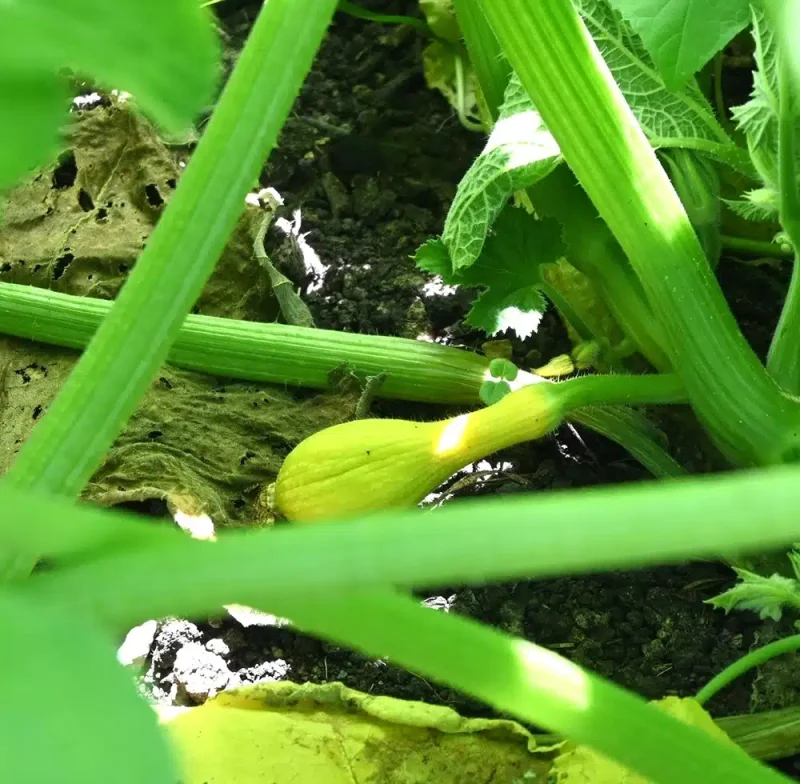
This year brought major changes to the garden program. Students completely rebuilt the growing area, transforming nine old beds into 27 new 4’x8′ raised beds.
The process taught construction skills, teamwork, and planning:
- Students built all 27 beds themselves
- They filled beds with compost and soil
- Added gravel pathways and fencing
- Planted seeds donated by community supporters
Current crops include:
- Multiple tomato varieties
- Squash and zucchini
- Onions and jalapeños
- Green beans and bell peppers
- Corn and cucumbers
- Watermelon
- Herbs: lavender, spearmint, and peppermint
“I let the students pick things they enjoy eating and let them grow it,” Angle explains. “It holds more value when they grow it on their own.”
Farm-to-Table Education
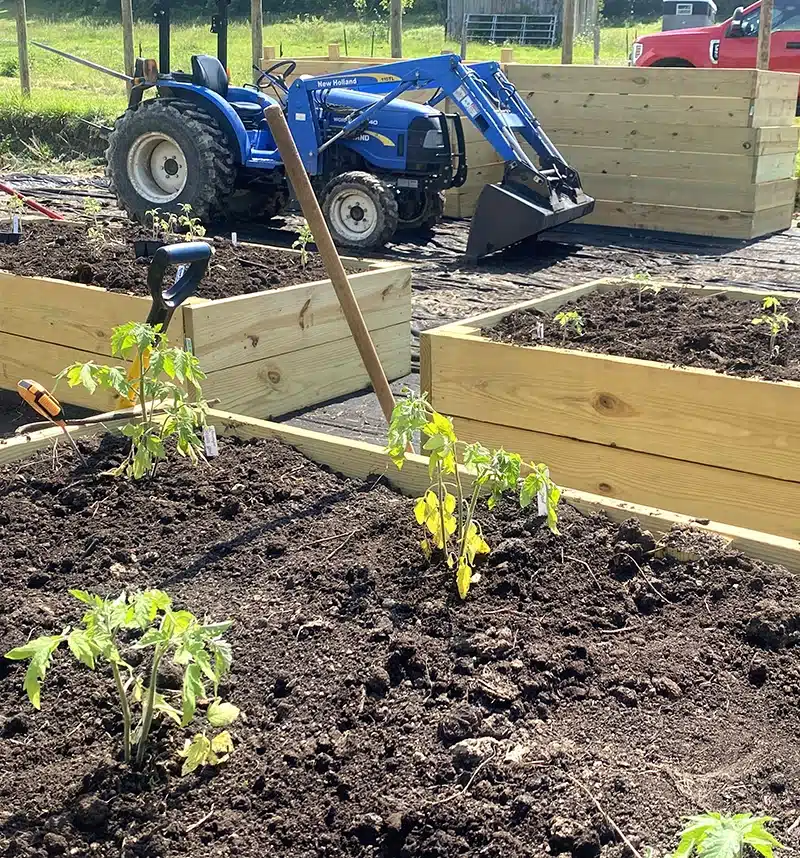
While fancy restaurants flaunt “farm-to-table” as an elevated style of dining, Boys Home enjoys farm-to-table nourishment as a result of their efforts.
Students experience the complete cycle:
- Spring: Hatching chickens, planting gardens, caring for newborn goats
- Summer: Intensive garden work, hay making, maintenance projects
- Fall: Harvesting crops, preparing for winter
- Winter: Animal care, equipment maintenance, planning for next year
During Minimester breaks, Angle teaches farm-to-table classes where students learn the entire process from raising animals to preparing meals. They’ve butchered chickens, rabbits, and turkeys, then learned to cook what they’ve raised.
“We try to teach students where their food comes from and the value of it,” she notes. “Many of our students do not realize or even know how their food gets to grocery stores.”
The Equine Connection
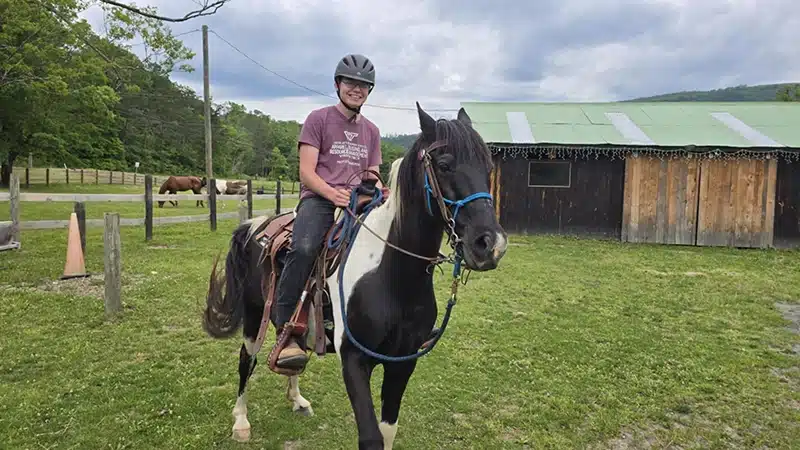
The horse program adds another dimension to farm learning. Working with 1,000-pound animals builds confidence quickly while teaching emotional regulation.
Students learn:
- Grooming and basic horse care
- Groundwork and communication with horses
- Patience and clear direction-giving
- Responsibility for a large animal’s well-being
“Animals don’t care what you look like or what you’re doing, but they pick up on emotions,” Angle explains. “It teaches kids how to control themselves because animals don’t want to be around someone who’s angry or projecting negative energy.”
Building Work Ethic and Character
The farm program operates year-round as part of Boys Home’s work program. While all students participate in the work program, three students hold paid positions on the farm, earning money that goes into their Boys Personal Money (BPM) accounts.
Students develop practical skills:
- Operating farm equipment and power tools
- Building structures (goat houses, garden beds, play equipment)
- Financial literacy through selling eggs and produce
- Problem-solving and creativity
Real-World Entrepreneurship
The farm generates income through various sales:
- Eggs are sold by students and donated to the dining hall
- Produce shared with cottages and dining services
- Hay is sold to community members
- Plants grown in the greenhouse
All profits go back to the students and their programming. Recently, hay sales funded a small $7,000 fencing project, teaching students how agricultural work creates tangible value.
Success Story
Former student Kyle Coogler now works in Missouri stockyards, owns one of the horses from Boys Home, and runs his own animal transport business across the United States. His story demonstrates how farm experiences can launch careers and lifelong passions.
Looking Forward
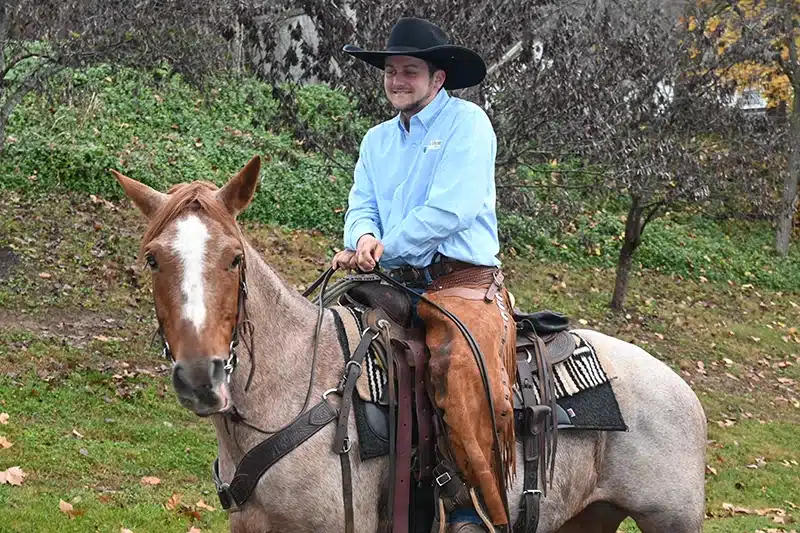
Angle dreams of expanding the program to include 4-H or FFA clubs, where students could raise and show their own animals at fairs. A recent grant from Mountain Water and Soil Conservation will add extensive fencing, making it possible to incorporate cattle into the program.
The farm, like all aspects of the Boys Home program, continues to grow thanks to the support of donors, the community and strategic partnerships. This support helps provide life-changing opportunities for students.
More Than Just Work
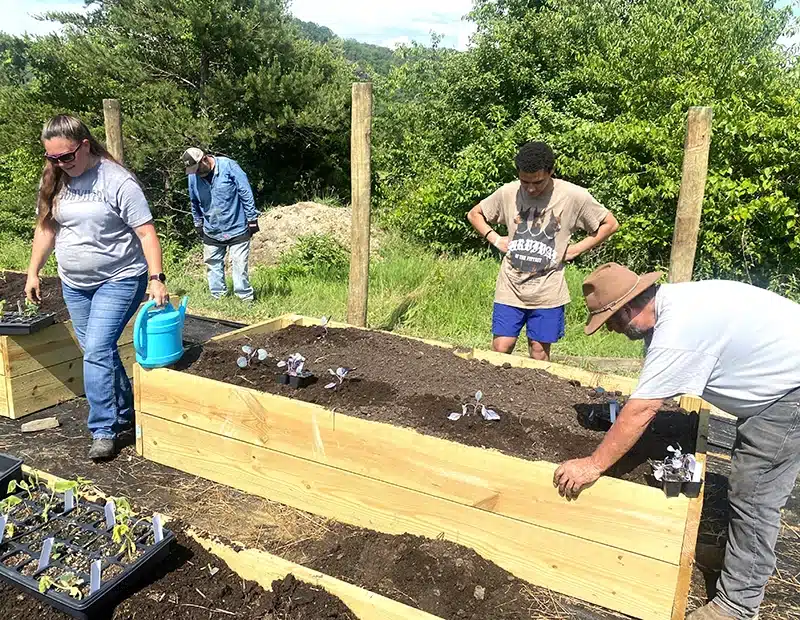
“Work ethic,” Angle says simply when asked what the farm program teaches. “They learn to work with their hands, get grounded in the dirt, and build camaraderie with each other. They can’t fake their way through farm work.”
In a world where it’s difficult to escape screens and videogames, the Boys Home farm provides something every human truly desires and desperately needs: connection to the land, responsibility for living creatures, and the satisfaction of meaningful work that produces tangible results.
Ready to learn more about how Boys Home of Virginia nurtures students through a comprehensive residential education? Or are you inspired to help expand our farm program? Connect with us to learn more!
